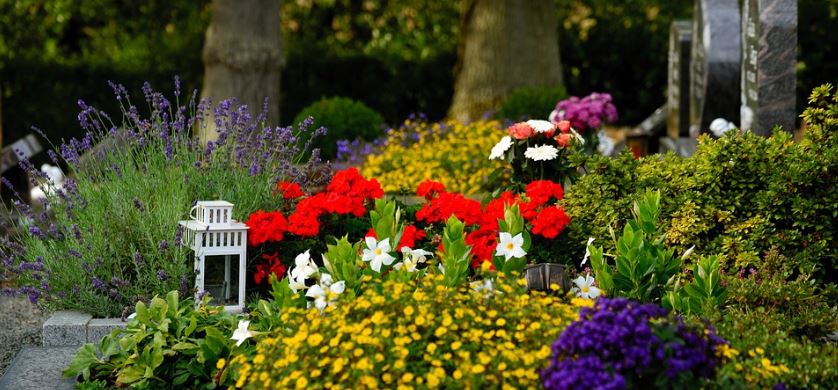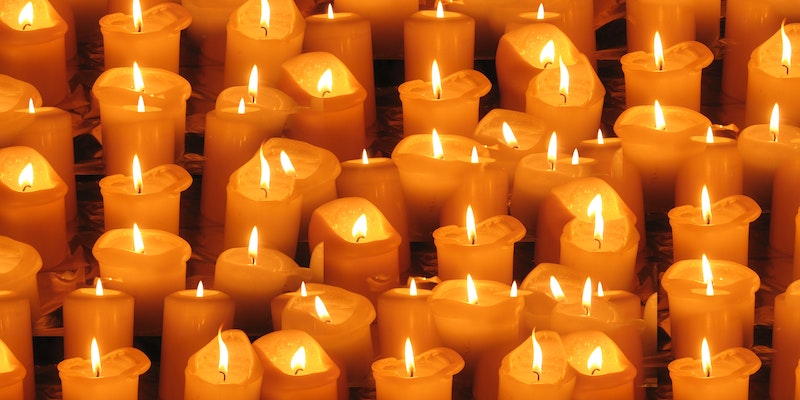- Contact Us Today
- (937) 278-4287
- lgfuneralhome@gmail.com
What to Do After the Death of a Loved One | Funeral Homes

Interesting Facts about Cremations
March 11, 2019
Dogs in Funeral Homes Provide Comfort
March 25, 2019Before a funeral at Centerville, OH funeral homes, there are several things that need to be done after someone dies. Although it is a difficult time and emotions are high, there’s an organized way to proceed forward.
First, the death needs to be reported. If death occurred in a hospital or a hospice care facility, then the attending physician will report the death. If the death occurred while the deceased was under home hospice care, then the death needs to be reported to the hospice organization. If the death was sudden, then the death should be reported to emergency services. If the deceased was an organ donor, be sure to make the party you notify aware of that, because that will change how and where the body is transported.
This is the first step in the death certification process (death certificates are completed by both medical personal and the funeral director). Be sure to get several (at least 20) copies of the certified death certificate from the funeral home, because these will be used to wrap up the estate of the deceased after the funeral.
Next, notify family, friends, and, if the deceased was employed, the deceased’s employer. Enlist family to help with the funeral process because this is a lot for one grieving person to handle alone.
If the deceased died in the hospital or a hospice facility, you need to make sure to remove all their belongings as soon as possible to avoid additional charges that Medicare or other insurance policies will not cover.
Once the medical staff is involved, they will contact the funeral home to transport the body. When the funeral home staff arrives (within a few hours after death), they will ask about a convenient time to meet with the funeral director and making preparations for the funeral. Usually this meeting occurs within a day or two after the death.
Be aware that if you have access to the deceased’s bank account because you’ve been handling their financial affairs, but you are not officially authorized to use that account, the account will be frozen as soon as the bank is notified of the death and it will stay frozen until it’s processed in probate (which can take up to one year),
When you meet with the funeral director, you’ll be asked whether the deceased should be cremated or buried and you’ll need to know what type of funeral service you want to have for your loved one. You’ll also need to have the information for an obituary (you can write it yourself or the funeral director will compose it based on the information you give them).
If the deceased already had funeral plans done, talk to the funeral director about making sure their wishes are respected. The funeral director will guide the process and help accomplish whatever the plans include.
If your loved one died while traveling and the body is far away, the funeral director will work with a funeral director in the location where your loved one died to make transportation arrangements to bring the deceased home.
If your loved one was an honorably-discharged military veteran, they are entitled to burial in a national cemetery. The funeral director will work with the Veterans Administration to handle the logistics of this. Some families have church or family cemeteries with plots they can use. If there is no cemetery plot, the funeral director can help you obtain one.
If you want to learn more about what to do after a death at Centerville, OH funeral homes, our compassionate and experienced staff at Glickler Funeral Home & Cremation Service can help. You can come by our funeral home at 1849 Salem Ave., Dayton, OH 45406, or you can contact us today at (937) 278-4287. Discover more about our compassionate funeral and cremation services by visiting https://www.glicklerfuneralhome.com/find-us-on-the-web/. Our website is here to guide you through this challenging time, providing the support and information you need to honor your loved ones with dignity and care.




